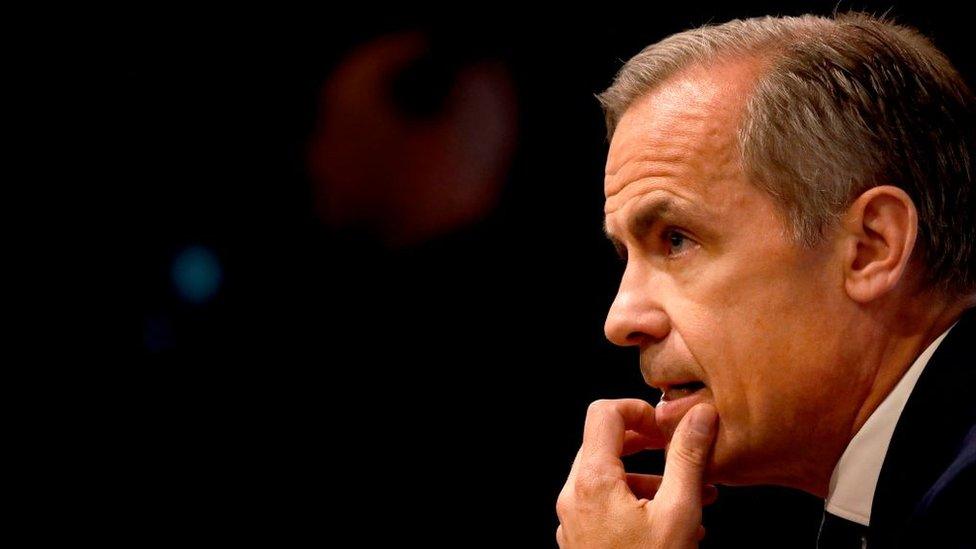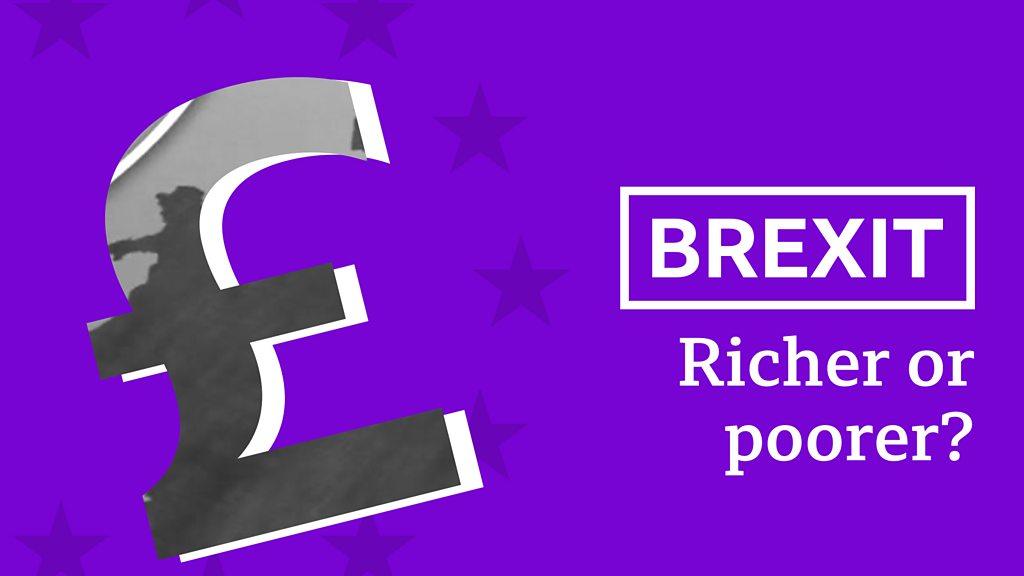UK economic growth 'stalls' as service sector slides
- Published
- comments

Growth in the UK's key services sector has hit its lowest level since July 2016, prompting fears of stagnation.
The purchasing managers' index (PMI) from IHS Markit/CIPS sank to 50.4 in November, down from 52.2 in October. A figure above 50 indicates expansion.
"The survey results suggest that the pace of economic growth has stalled," said Chris Williamson, chief business economist at IHS Markit.
The services sector accounts for about 80% of the UK economy.
The last time the index was this low came in the immediate aftermath of the UK's referendum vote to leave the European Union.
Earlier in the week, similar surveys of the manufacturing and construction industries were less gloomy.
The manufacturing PMI showed a reading of 53.1 last month, higher than the 51.1 in October, while construction rose to 53.4 from 53.2 in October.

Analysis
Dharshini David, economics correspondent

The service sector forms not only by far the largest part of the economy, but typically its driving force.
Now that engine is close to stalling. Strip out July 2016, when firms were grappling with the referendum result, and this survey implies activity in the service sector is growing at its slowest rate for six years.
In fact, the report claims that if firms didn't have backlogs of work to tackle, activity would have contracted last month. The prolonged uncertainty over Brexit trading arrangements is part of the reason behind the inertia, but so too is weaker global demand.
As the latest falls in US markets have implied, there are rising concerns that growth in America - and elsewhere - may have peaked.
Whatever the future trading arrangements, businesses may find the level of external demand is more challenging.
It's perhaps unsurprising that optimism among service companies is at its lowest for more than two years, and that has filtered through into hiring plans.
This survey - and its counterparts for the manufacturing and construction sectors - suggests the economy may expand by as little as 0.1% this quarter, which could mean the weakest growth across 2018 as a whole in the post-crisis era.

"A contraction of service sector business activity in November was only avoided by firms working through back-orders to an extent not exceeded since 2009," said Mr Williamson.
"As such, unless demand revives, a slide into economic decline at the turn of the year is a distinct possibility."
Mr Williamson added that clarity in relation to Brexit arrangements was "urgently needed to help ensure the current stalling of growth does not translate into a downturn".
Samuel Tombs, chief UK economist at Pantheon Macroeconomics, said the decline was "the clearest indication yet that Brexit uncertainty is draining momentum from the economy".
He said predictions by the Bank of England's Monetary Policy Committee of 0.3% economic growth for the October-to-December period now looked "too upbeat", adding: "While a small fall in GDP isn't likely, no one should rule it out at this stage either."
Ruth Gregory, senior UK economist at Capital Economics, described the figure as "thoroughly disappointing".
She added: "Unless there is a particularly strong bounce back in December, GDP growth of 1.3% seems likely over 2018 as a whole, the weakest since the financial crisis."
- Published29 November 2018

- Published13 November 2018
